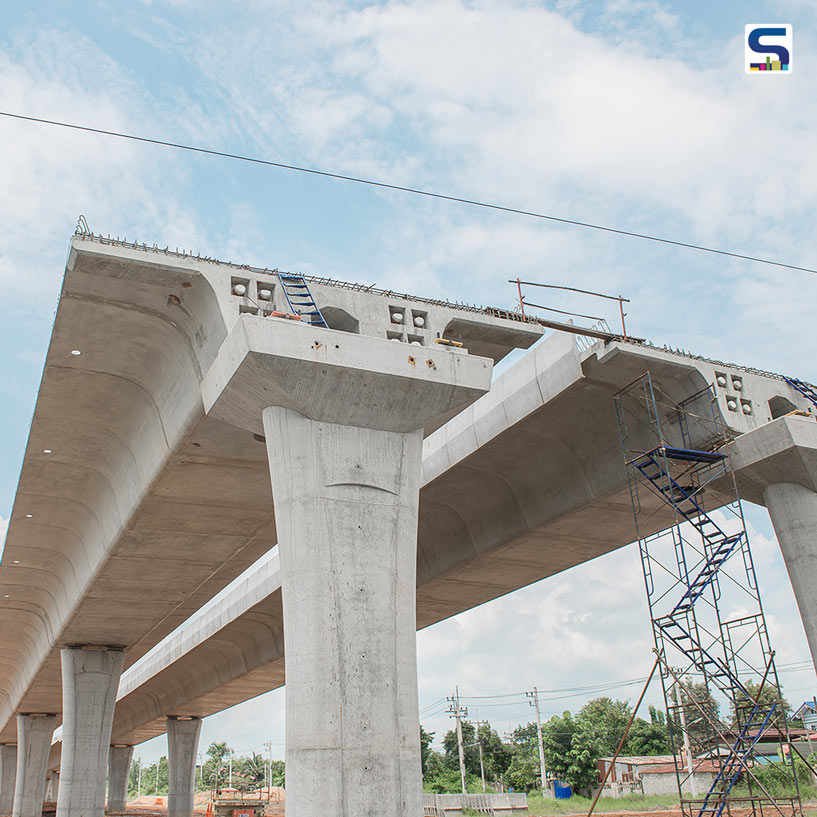
To accelerate the development of cost-effective and durable infrastructure across the country, the central government has approved the implementation of a precast concrete policy for the construction of national highways. With this policy shift, national highways, bridges, and road-over bridges (ROB) can be built faster while monsoon season disruptions are minimized. As a result, air pollution concerns associated with construction activities on-site will be alleviated. Read SURFACES REPORTER (SR)’s complete report below:
What is this policy all about
Under the new policy, construction companies must acquire precast concrete materials from factory yards that are at least 100 kilometres away from project sites. Manufacturers must guarantee timely delivery and fixed pricing for these materials; otherwise, construction businesses can build their own yards, but only if it is cheaper than implementing precast concrete technology. The engineer and officer in charge will make the final decision on this issue.
By May 31, the Ministry of Road Transport and Highways invites stakeholders to provide their feedback on the National Highway Precast Concrete Policy. Once the feedback is received, the policy will be implemented.
In addition to being cost-effective and enabling accelerated construction processes, precast concrete technology has numerous advantages. It is capable of producing all-weather and fast concrete structures that are reliable and of high quality, with a reduction in carbon emissions and improved uniformity.
By adopting precast concrete technology, highway projects will be expedited, while Micro, Small, and Medium Enterprises (MSME) will benefit.
Keep reading SURFACES REPORTER for more such news stories.
You may also like to read about:
Prolific British Architect Sir David Alan Chipperfield Bags 2023 Pritzker Architecture Prize
Bhubaneswars Kapileshwar Temple Joins the Ranks of ASI-Protected Monuments
Can This New Hot Storage Material Help Reduce Energy Bills? | SR Material Update
and more...